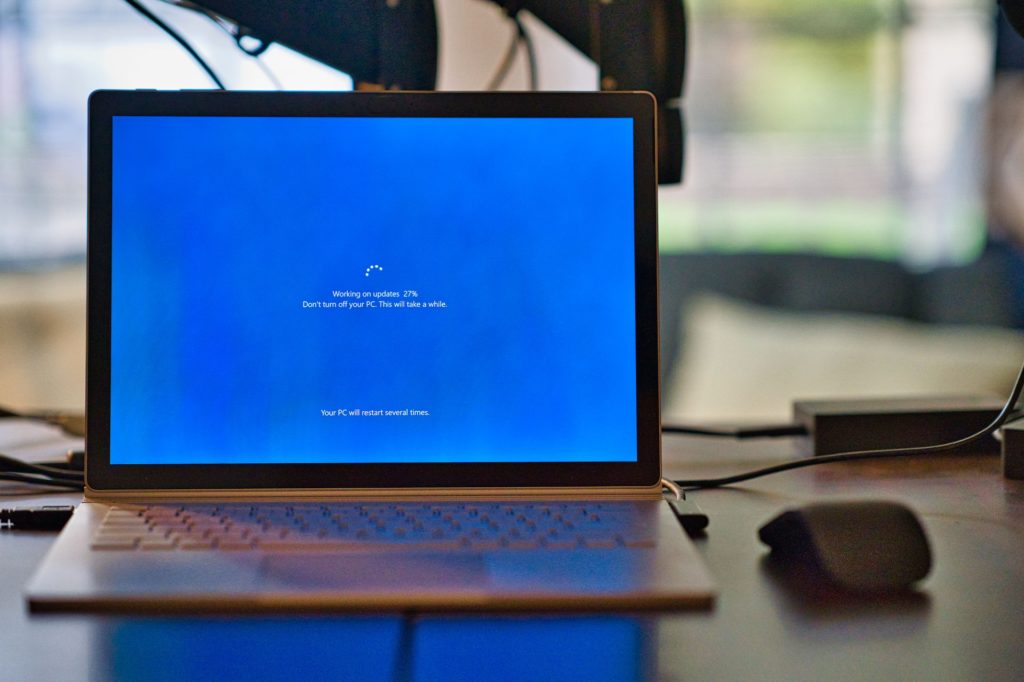Work can be done while you are commuting, While you are out in the park, or even when you are lounging around in your house far away from a charging point. Here are the PRO tips to improve (or) save laptop battery life.
Ways to Save Laptop Battery
Defrag Regularly
We have a lot of content stored on our laptops these days. Defragging the hard drive regularly will ensure that the hard drive data is arranged in a more efficient manner. This ensures it can fetch data faster, thereby doing less work and ultimately using less battery power.
Reduce the number of programs running in the background
Programs running in the background such as Skype, Whatsapp Web, and others that may not really be required when on battery, need to be shut down. You can do this on Task Manager. Choose to see processes from all users, as often some unnecessary stuff doesn’t show in your task list.
Optimizing Power options
With the use of Control Panel -> Power options, you can decide,
- The duration of time of dim the display.
- Turn off the display.
- Put the computer to sleep.
- Adjust the brightness plan when the laptop is running on battery power.
Digging deeper you can go to Advanced Power Settings where you can tweak even further to optimize your laptop battery power.
Monitoring scheduled tasks
A lot of us have the habit of scheduling tasks on our desktops or laptops such as security scanning, software updates, backups, de-fragmenting disks, and so on. These tasks use system resources. On laptops, when you do not have a power outlet nearby, it can really suck up a lot of battery juice. So try and disable scheduled tasks on your laptop, when you have no access to a power outlet anytime soon.
Avoid using external devices frequently
When operating on battery power, avoid using USB devices, charging your mobile devices from the USB ports, and external hard disks – when they are not being actively used. USB devices tend to drain your battery life and of course, using the laptop battery to charge other devices is a strict no-no if you are running low yourself.
Adding more RAM
When you run out of RAM, the laptop switches to virtual memory – which is basically reading the hard drive. Using the hard drive increases the load on your laptop battery. It is better to add more RAM to your system as it will not only get the work done faster, but will leave the HDD free.
Use the optical drive less
The optical drive in your laptop consumes power even when you aren’t playing any DVD off it. It is best to copy content from a CD/DVD onto your laptop’s drive rather than playing content off a CD/DVD directly. Windows access it and drain your battery quickly. In fact, disable the dive from Device Manager if you don’t use it often.
Battery periodically maintenance
Every couple of months remove your battery from the laptop and clean its metal contacts using a clean cloth moistened with rubbing alcohol. Ensure there are no dust particles covering the contacts. Make sure that you are using a fully charged laptop, once every 2 to 3 weeks. When you know you are not going to use your laptop for a long time, charge it to around 40-50 percent and remove the battery from the laptop.
Precautions with Laptop’s Air vents
Never, EVER, block the air vents of your laptop as it will heat up the components and reduce their life. Avoid using your laptop on cushioned material such as pillows or bedsheets which will block the air vents. Every once in a while, if you think you have the expertise to do so, open up your laptop and clean the air vents of any dust which may have accumulated.
Avoid Multi-Tasking when running on battery power
Multi-tasking may be an efficient way of working if you have the hang of it, but it drains battery a lot faster. it’s a lot better to prioritize your tasks, and open the particular software you need to accomplish them one at a time. Most often, you will focus on one task, and all the other programs in the background sit there eating up CPU time, and as a result, battery power.
